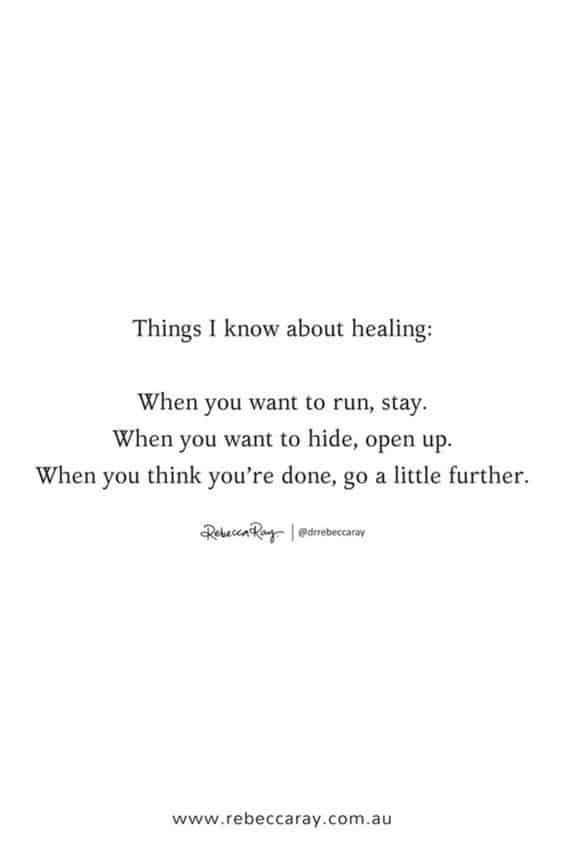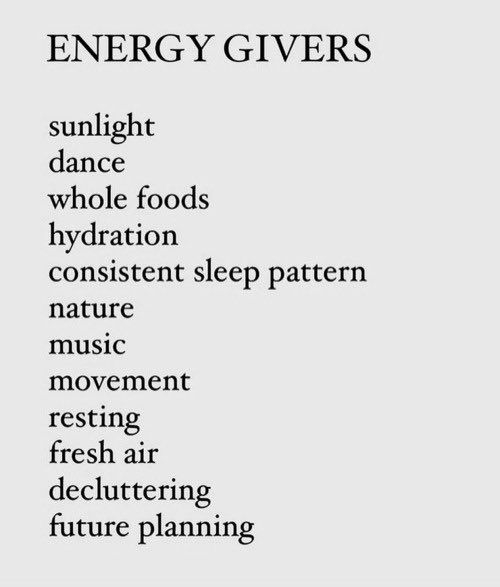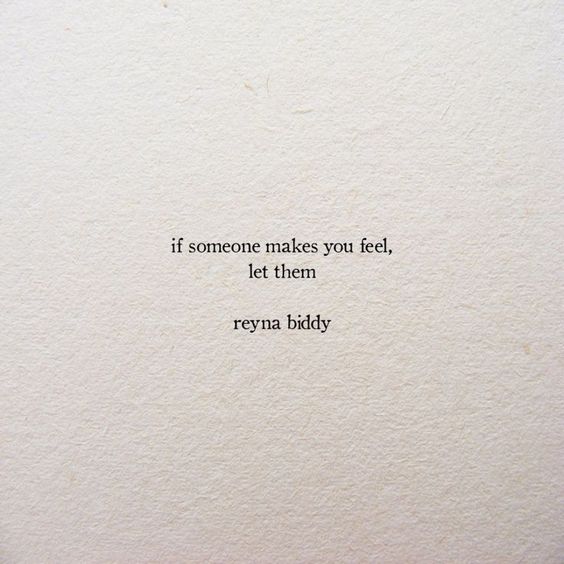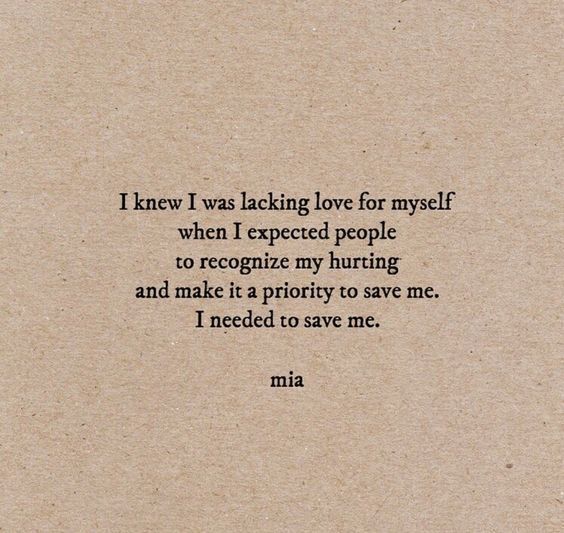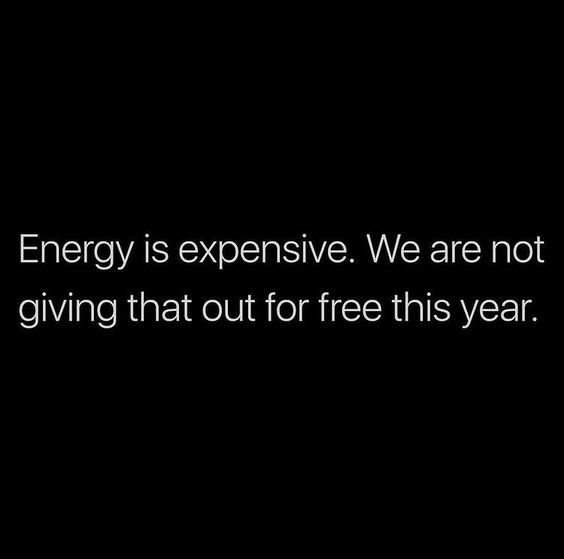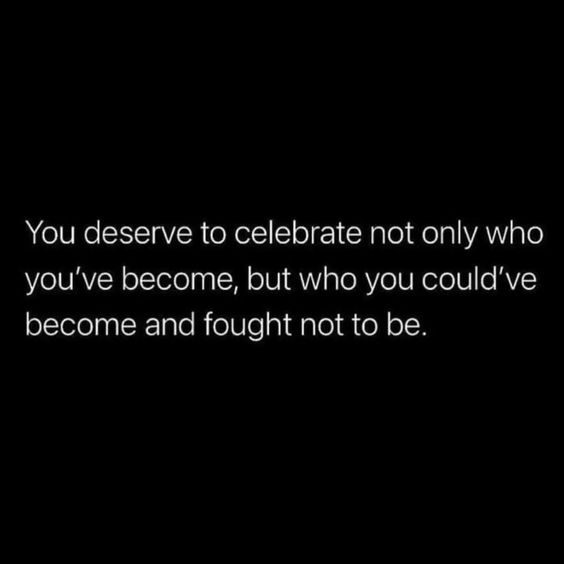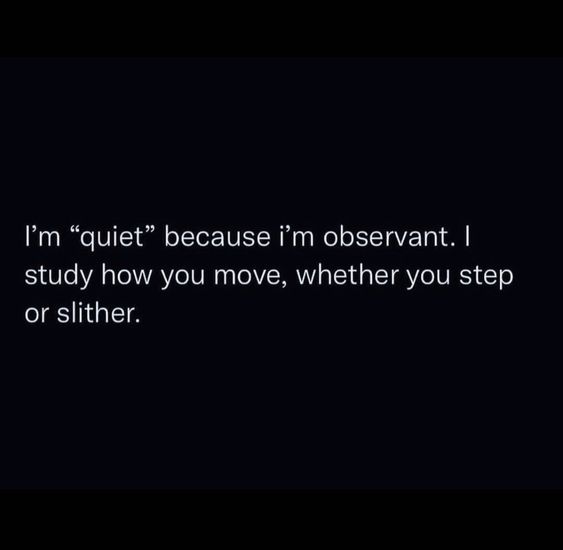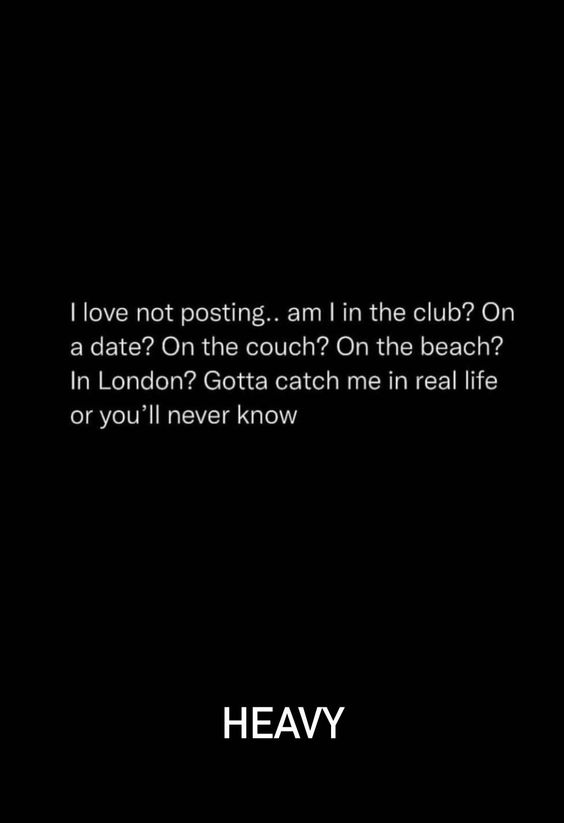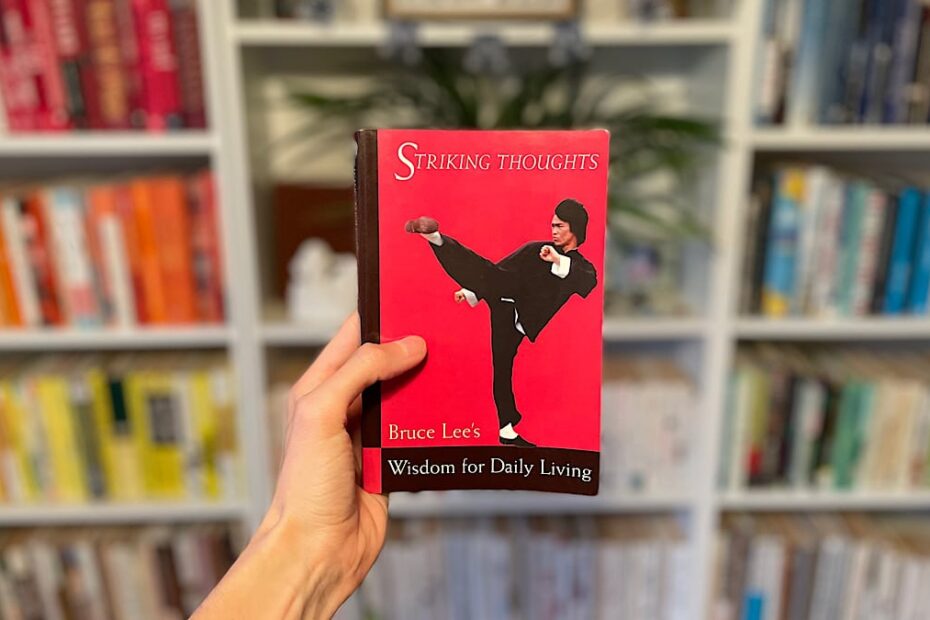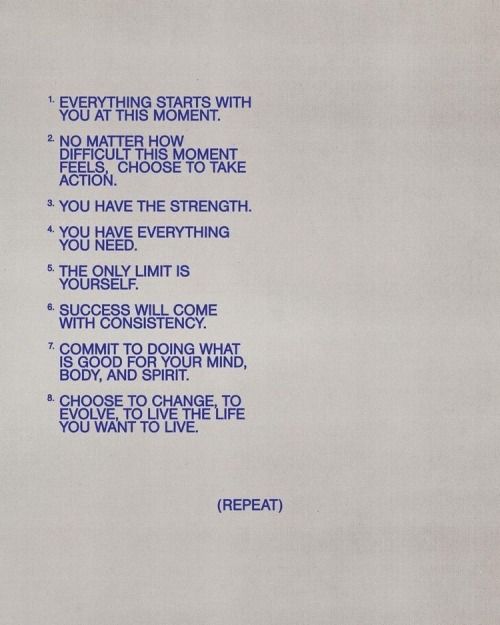Archives
“The objective of being human is to grow. We see this reflected back to us in every part of life. Species reproduce, DNA evolves to eliminate certain strands and develop new ones, and the edges of the universe are expanding forever outward. Likewise, our ability to feel the depth and beauty of life is capable of expanding forever inward if we are willing to take our problems and see them as catalysts. Forests need fires to do this, volcanoes need implosions, stars need collapse, and human beings often need to be faced with no other option but to change before they really do.”
Brianna Wiest, The Mountain Is You (Page 6)
“Don’t allow yourself to engage in fantasies about other projects on the horizon. You want to channel this grandiose energy by absorbing yourself in your work as deeply as possible.”
Robert Greene, The Daily Laws (Page 393)
“There are many people who claim to be teachers of others who should themselves be taught first of all.”
Eastern Wisdom, via A Calendar of Wisdom (Page 326)
“Almost no difference is made by the individual who decides to do the right thing, to do an act of kindness, to insist on the truth when a falsehood is easier, to be a good parent, to care about the quality of their work. Is that a reason to be a liar, a cheat, an asshole, a bad parent, or a poor craftsman? Of course not. And imagine what the world would look like if everyone insisted it was?”
Ryan Holiday, The Daily Stoic Blog
The Mountain Is You [Book]
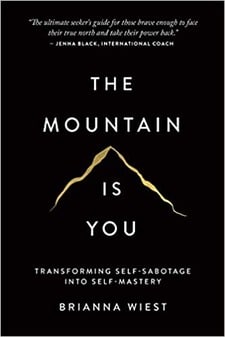
Book Overview: This is a book about self-sabotage. Why we do it, when we do it, and how to stop doing it—for good. Coexisting but conflicting needs create self-sabotaging behaviors. This is why we resist efforts to change, often until they feel completely futile. But by extracting crucial insight from our most damaging habits, building emotional intelligence by better understanding our brains and bodies, releasing past experiences at a cellular level, and learning to act as our highest potential future selves, we can step out of our own way and into our potential. For centuries, the mountain has been used as a metaphor for the big challenges we face, especially ones that seem impossible to overcome. To scale our mountains, we actually have to do the deep internal work of excavating trauma, building resilience, and adjusting how we show up for the climb. In the end, it is not the mountain we master, but ourselves.
Post(s) Inspired by this Book:
48 Brianna Wiest Quotes from The Mountain Is You on Self-Sabotage and Healing
46 Impactful Bruce Lee Quotes from Striking Thoughts
Excerpt: Striking Thoughts is a book that features 800+ Bruce Lee quotes. We read each one and hand-picked 46 of the best ones (in our humble opinion)…
Read More »46 Impactful Bruce Lee Quotes from Striking Thoughts
“You cannot send away a bad thought when it appears in your mind, but you can create other thoughts which will weaken or destroy this bad thought. For example, I may imagine that your friend or neighbor has some drawback, and I may not be able to banish this thought, but when I concentrate on the thought that criticizing another person is bad because I am not perfect, and he has the same God within him as I have within me, then I cannot stop loving this person.”
Leo Tolstoy, A Calendar of Wisdom (Page 322)
